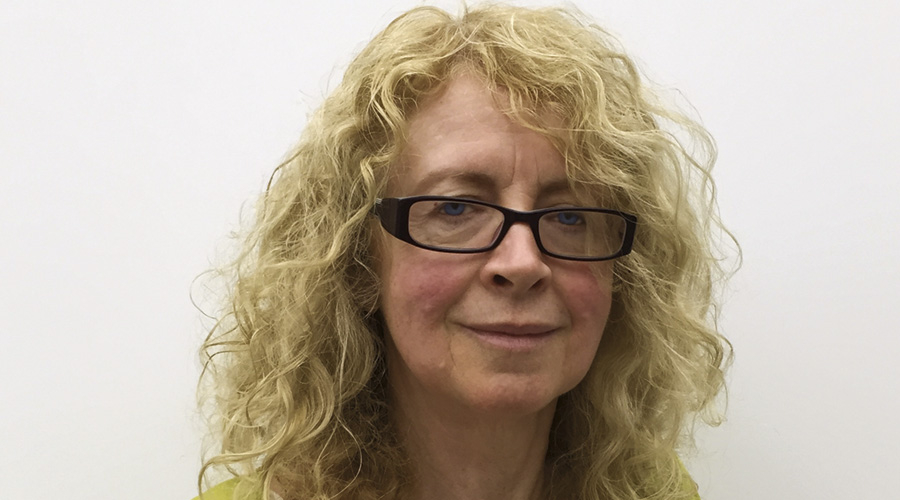Daunted by the digital disruption of TV? Then check out one of London’s regular Meetups, says Terry Marsh
As I find my seat among the 150 or more people who have come to Steve Dann’s latest Meetup, I know that the evening will be stimulating and, possibly, provocative. Dann, CEO of Amplified Robot, runs regular monthly Meetups, and this one, “AR and VR in medical education”, is being held in a lecture theatre at St Bartholomew’s Hospital.
London is an exciting place to be, as we live and work through the digital revolution in content creation and distribution.
For one thing, London is home to the Digital Production Partnership, set up (initially by the PSB broadcasters) to support the digitisation of our industry. As it has grown, it has guided broadcasters, production companies and other players through the move to file-based delivery and on to IP distribution and Ultra-HDTV.
But this Meetup is just one of the many in London that look further into the future, to where the global digital revolution is disrupting the very definition of television.
Tonight, we are watching a surgeon operating on a patient, filmed in 360°.
The total immersion provides a unique feeling of presence alongside the operating team. This virtual-reality experience is already being used to train doctors and other medical staff, and there is a genuine sense of the disparate cultures of IT, communications and media merging and bringing expertise from one world into another.
My original guide to Meetups is also here tonight – long-time expert in “contextual technologies” Ken Blakeslee, Chairman of WebMobility Ventures. He certainly knows his way around these events, attending two or three a month. He restricts himself to the few that attract a useful cross-section of technologists, developers, entrepreneurs and investors.
So, here he is at Dann’s Meetup, which is one of his favourites. We agree that the most successful ones are run by leaders who show real knowledge, passion and drive – and offer the best networking opportunities.
At the end of the session I join the queue to get hands-on experience for myself on an Oculus Rift, then we move on to a bar to network further.
At every Meetup it becomes more obvious that what was geekery a while back (drones, virtual reality, augmented reality, the internet of things) is now infiltrating more mainstream areas. Indeed, the rate at which change is happening is accelerating, and I believe that Fear of Missing Out now qualifies as a real industrial disease in media -tech.
Fortunately, these Meetups, which are free, but fill quickly, offer one of the most thought-provoking ways of keeping up with the digital information overload. And there is usually one happening most evenings at different venues across the city. People from all disciplines gather to listen to the latest in “augmenting reality” or “mobile start -up stories” or “big data” or, even, to attend a “data scientist networking gala”.
As I write, for example, there is a Meetup on “Programmatic buying technologies reshaping marketing strategies” – who knew that “algorithmic” would become a buzzword in TV!
Shawn DuBravac, Chief Economist at the Consumer Electronics Association, maintains that we are at the beginning of a perfect storm of digital change, with the coalition of computing power, always-on internet, the proliferation of inexpensive consumer products and (his great new portmanteau word) “smartifacts” – smart artefacts with sensors providing data from the “internet of things”.
However, it’s the consumer products part that is driving content creation right now. The sheer accessibility of these innovative technologies means that, alongside the new tech businesses, the erstwhile consumer or viewer is also a producer (see the wonderful 360° films on the Kolor Eyes app).
So, how are virtual reality, the internet of things, big data and mobile start-ups affecting the TV industry?
Already, production companies are being inspired by these technologies to devise innovative formats based on them. Maybe we are just at the beginning of a digital future that will disrupt and permanently change “television” – for the better.
Terry Marsh is Secretary of RTS London, Chair of the RTS Young Technologist of the Year Jury and an independent consultant.





